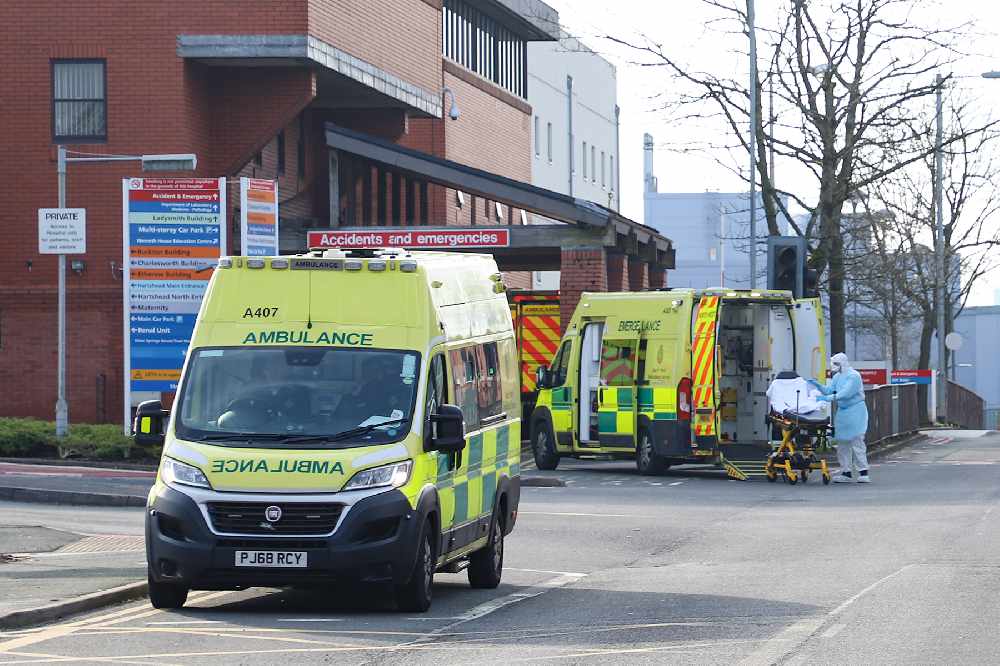
An frail elderly man died from complications following a fall during an eight hour wait at Tameside Hospital’s Accident and Emergency (A&E) department.
Eighty four-year-old Kenneth Clayton’s fall went unseen by staff at the department, even though he had been admitted to the hospital after suffering two falls at his Ashton home.
He suffered a fracture to his femur - the thigh bone - in the fall in A&E.
He had been waiting for a bed at the hospital, but none were available.
Now Manchester South coroner Alison Mutch has written to the Secretary of State for health and Social Care, demanding to know why Mr Clayton waited so long for a bed.
Shockingly evidence at Mr Clayton’s inquest revealed that some patients in A&E on the day he died - August 23, last year- had waited nearly two days for admission to an inpatient ward.
Ms Mutch wrote in her report: “The inquest heard evidence that key factor in the fall was the prolonged time Mr Clayton was in the emergency department waiting for a bed to become available on a ward.
“The evidence was that he had been in the emergency department for about eight hours when he fell.
“The inquest was told that the design of an emergency department is not suited to a need for prolonged observation of high falls risk patients.
“In addition, generally patients are cared for on hospital trolleys which cannot be lowered in the way a hospital bed can be, which further increases the risk of falls.”
The coroner was told that longwaits for admission were common at Tameside’s A&E department.
She said: “As an example the court was told there were patients who had been waiting hours for a bed on a ward.”
Hospital bosses blamed the long wait on beds being blocked by patients who were fit enough to be discharged but had no fit care package available at home.
Ms Mutch added: “The inquest was told that the primary reason for the challenges in moving patients through the emergency department was availability of beds.
“The evidence given was t5hat the main challange in freeing up beds was delayed discharge of patients who were medically ready for discharge but who needed a cre package or a care home place to facilitate a safe discharge.” Mr Clayton, who was described at the inquest as ‘frail’ was operated on for his broken leg but died following the procedure.
His principal cause of death was given as bronchopneumonia. The secondry cause was the brtoken femur. He was also found to have vascular dementia and an acute injury to his kidney.


 Final two weeks to have your say on IVF services
Final two weeks to have your say on IVF services
 58-year-old man dies following M60 crash
58-year-old man dies following M60 crash
 Glossopdale School builds to improve pupil experience
Glossopdale School builds to improve pupil experience
 Denton artistic swimmers crowned national champions
Denton artistic swimmers crowned national champions



